The Female vs. the Male Gaze in the Media
TW: mentions suicide
Through literature, film, and many more forms of media there will almost always be two approaches taken to portraying the opposing gender, those two being the female gaze and the male gaze. The male gaze is an important thing to recognize in storytelling because the female characters are almost always objectified and used only for the character development of the main male character. As for the female gaze, men are still humanized however no longer heroized, it takes a more feminist approach to women’s feelings and stops using them as stepping stones to the man’s discovery of empathy at the end of the story.
In literature:
I took it upon myself to find two books that accurately show these ways of storytelling. Film for her being written through the female gaze is an intimate and magnetic portrayal of growing up as a first-generation immigrant in America and experiencing the ways of finding beauty in a mundane environment. From first love to moving out she captures it all in photographs with poems and short stories accompanying them. She describes some of the men she had met and loved and in her descriptions, she blames the relationships end mainly on herself, this quote from page 25 “LUDUS’ SPELL” she states “ I don’t want to go back to the winters I’ve lived before you. Because once you’ve lived in color it’s impossible to go back to black and white.” This quote stuck out to me not only because of how deeply insightful it is but also because when referring to this wounded past relationship Orion relies mainly on pathos to guide us through her mind. If a man were to write a story on the same situation he’d rely mainly on ethos, correcting and criticizing his or her character.
For the male gaze, I used a more stigmatized and corrupt novel. Lolita by Vladimir Nokbov tells the story of a young girl being groomed by an older man. This horribly graphic and brilliantly written novel gives you access to a story that not only imitates real-life endings of abusive relationships but also allows us to be swallowed whole by an unhinged man’s thoughts. This book is a fundamental read for teenage girls, depicting such a disgusting relationship and exploring it inside out teaches the warning signs for unhealthy interactions and breaks the fantasy of predatory relationships.
In film:
Movies are a great way for images, conversations, and stories to come to life. Watching other people portray a story that evokes many emotions for us can be an eye-opening experience by allowing us the perspective of others. The Virgin Suicides is a 1999 film giving us the inside story of 4 young women who are all sisters, the parents are very strict and the sisters all have varying personalities. This book-to-movie adaptation remains told through the eyes of the boys that watched them, described their personalities, and only allowed us to see the distorted portrait they paint. The movie starts with the youngest sister Cecilia Lisbon attempting to take her own life, parents deny any treatment claiming there’s nothing wrong with her, the second time Cecelia attempts is during a small party the four boys were attending along with her other three sisters. Unfortunately, she is successful this time and grief befall the Lisbon Family. On the contrary, the other three sisters never seem to change, Lux being the out-going but always unattainable sister becomes the focal point of our story. Mysterious and Mischievous at the same time she catches the attention of Trip Fontaine who comes into Lux’s world partly by force and Partly by invitation. The moments they shared were life-altering for Lux, being in a strict family and trying to process the grief of her sister he allowed an escape making her finally feel normal. To Trip Lux was a conquest, a challenge. He attained the unattainable and once he did he was finished before they hardly got started. Leaving Lux alone in a field after accompanying her to the dance was his way of saying you’re not what everyone thinks you are. She had gotten that message and that caused the cascade that comes next. The restrictions built their emotions and the only release they could feel was ending their lives, the remaining three sisters make a suicide pact which they all stick to and the bodies are found hours later. The last line and arguably most famous is “in the end it didn’t matter how old they had been or that they were girls only that we had loved them.” I think this quote comes from the root of the male gaze and proves just exactly how the infantilization of women forced the viewers to realize what the boys felt wasn’t love rather a curiosity turned obsession.
For the female gaze in movies, options are more limited. Valley of the Dolls is another book-to-film adaptation that is an incredible portrayal of reaching stardom in Hollywood especially among women. Our story follows Neely, Anne, and Jennifer as they all peak and come crashing down together. This film explores themes that go beyond your typical storyline and that’s partly because the three stories we have the pleasure of experiencing are all true. With the vibrant characters and troubling societal expectations they’re all trying to reach, this movie leaves you wondering what else we are not currently seeing from our favorite actresses, models, and influencers. The reason this movie is so specific to the female gaze is that the characters all have lives and problems outside of men, the depth shown in all their stories is what makes them who they are. This movie leaves you empty, inspired, and thankful for the privilege of watching each of the characters reach their goals, leave their husbands, and lose their lives to addiction started to their constant mistreatment in various industries.
In song:
We all love a good record, cd, cassette, or even streaming service to give us our favorite songs. music has a large appeal to our emotions and also allows us to create imagery attached to the song leaving more things up to interpretation. Through the male gaze in music, we tend to see less sexualization than in any other form, bad songs referring to women are out there and it goes the same way for men. However the difference between music and other forms of media is that it doesn’t set up the same complex of viewing women as objects, it tends to humanize them by singing the emotion they felt. The female gaze of music is always more self-focused, love songs are mainly written by men and women tend to take to self-expressive lyrics.
In life:
Everyone has “types” that are just prejudiced in disguise, and separating the things that have the largest influence such as music, movies, and books are when we can begin to build relationships not built on stereotypes or storylines.


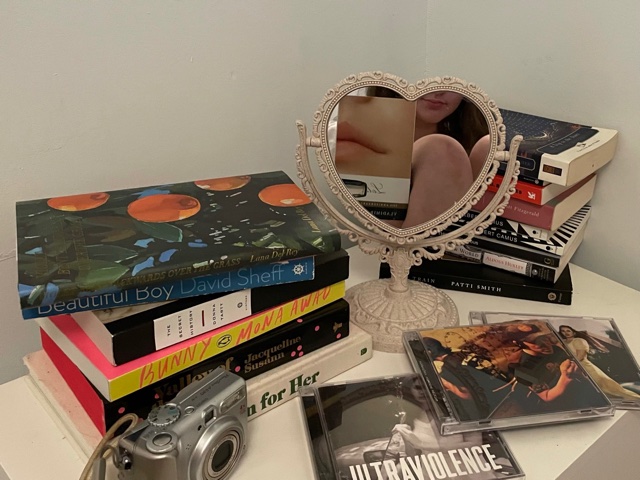



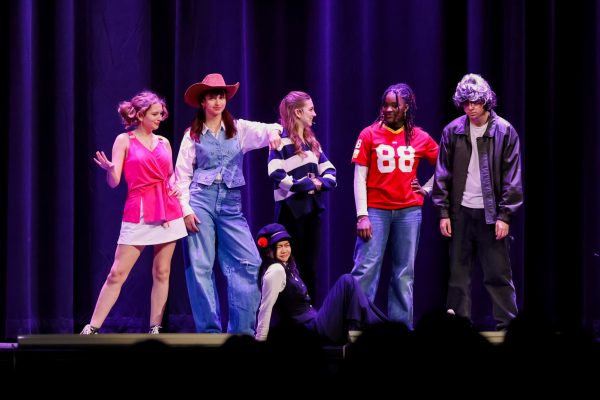
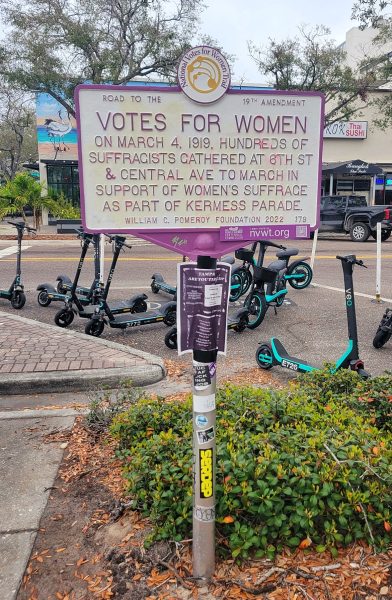
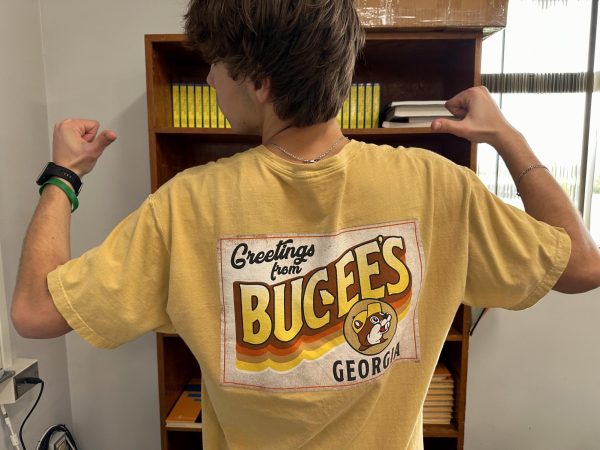
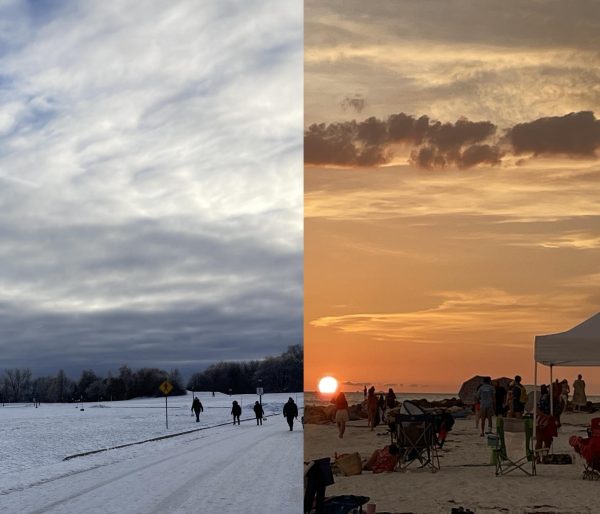
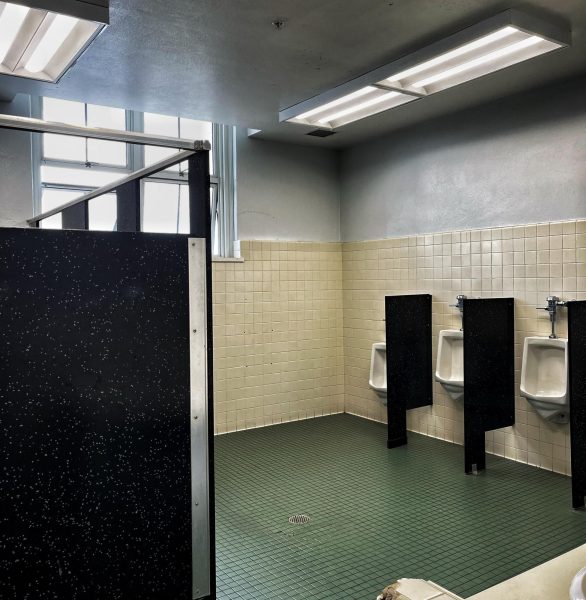
Mr. A • Feb 2, 2022 at 4:03 pm
Excellent. Further list of suggested readings for those interested?